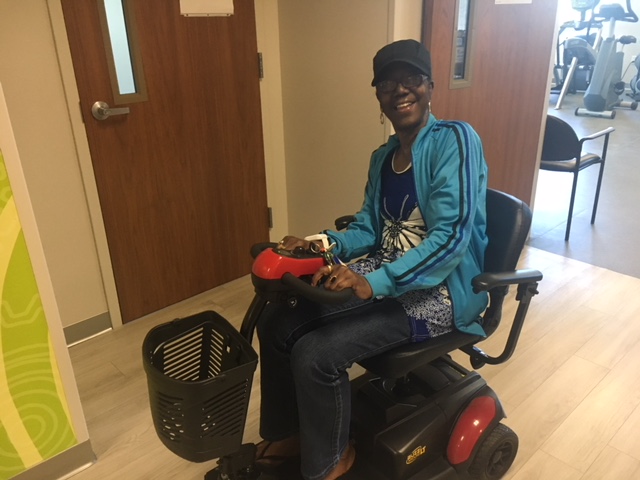Advocacy Leading to Meaningful Connections by Julie Engle
In my role as a Health & Benefits advocate, the majority of my tasks consist of helping patients navigate through the health insurance and social service systems. Whether it is assisting patients through an application, helping someone change the primary care provider on their card, or calling the County Assistance Office to see why a patient might have lost or was denied insurance, it requires much patience and persistent communication. There are many people whom I come across in my service that no matter how persistent I am, there is always uncertainty that the final goal will be reached, given the circumstances and logistical requirements that certain programs hold. These circumstances and processes can become very complex, and there is a lot of leg work that is required that sometimes patients are unaware of, and might not be able to complete without extra support.
Although most of my position at 11th Street Family Health Services consists of helping people access health insurance and other social service programs on an online portal, I have learned what it truly means to advocate for these patients through serving alongside of other patient advocates. It’s inspiring to see how health professionals from many different disciplines communicate together to create transparency of care so that our patients holistic needs are met. One example is the day one of our Registered Nurses from the health center mentioned to me that one of our loyal patients needed a power wheelchair scooter and asked me to try to get her the scooter through her Medicare insurance. Of course I said I would give it a try, but I had no idea what that would entail.
We initially called the Durable Medical Equipment (DME) Company and sent over the prescription from the Nurse Practitioner, but nothing came of it. It was then that I realized this was going to take much more communication and persistence, and creating rapport with the case workers at the DME company. It also would require more collaboration between multiple different people, including the physical therapist, the nurse practitioner, the case worker, and the patient. Because of the very strict requirements from Medicare and the DME company and all of the required evaluations, documents, and prescriptions from the multiple parties, each step took multiple tries. The process was tedious to say the least, and the frustration of not knowing if we would be successful was trying at times.

This process showed me that advocating for people can take many different shapes. Whether it is making phone calls to keep a process moving, or collaborating with many different health professionals, the integrity and faith of Ms. Octavia was the fuel for my patience and persistence. Walking through the neighborhood home from service to see her with a smile from ear to ear, cruising on her scooter, made all those frustrations worth it. Knowing that she will now be able to more independently live her life has me feeling empowered, accomplished, and so grateful. Ms. Octavia will always have a special place in my heart, and I am grateful for what I have learned from my time spent with her. Her faith, positive attitude, sense of humor, and grace will forever leave an imprint in my life.